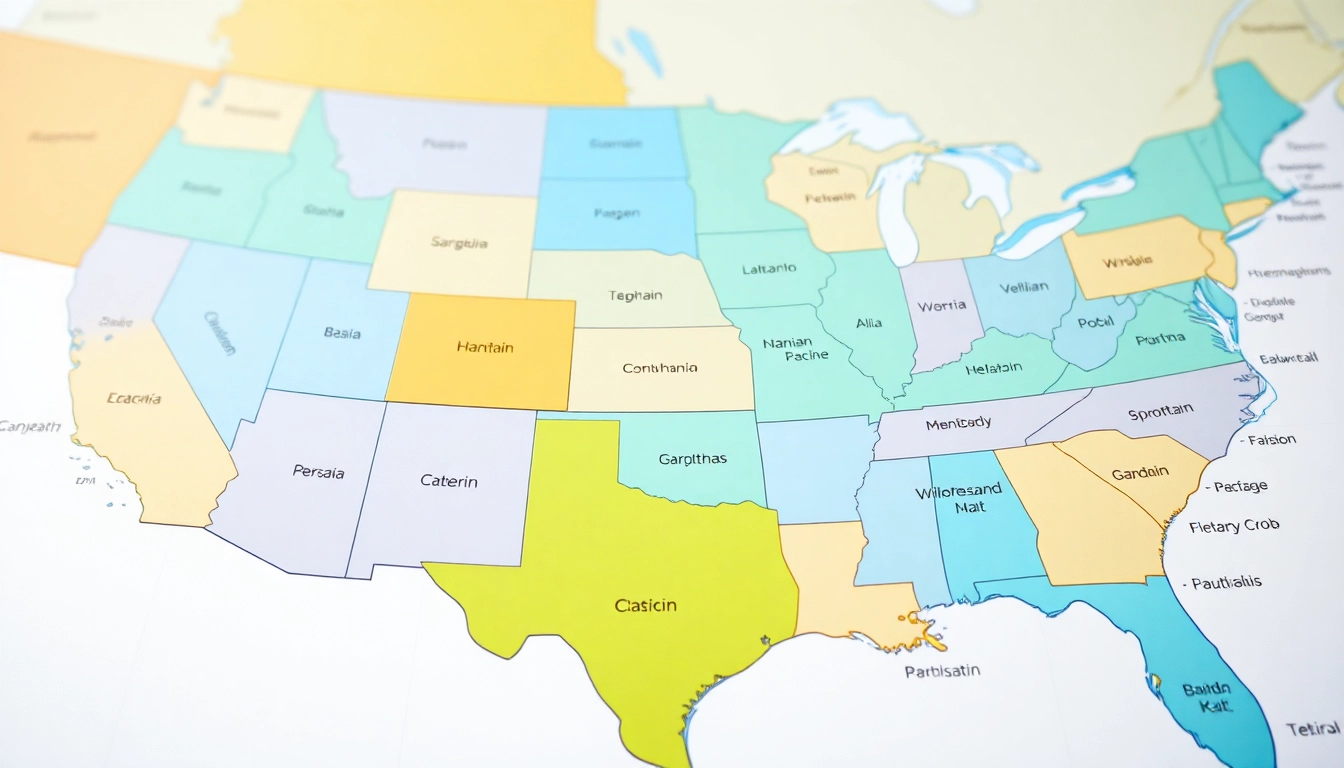The Meaning of State in Political Science
The concept of a State is foundational to understanding political science. Throughout history, the state has served as a critical framework for regulating society, conducting governance, and establishing laws. While its definition can differ among scholars and political theorists, the state is often succinctly characterized as a political entity that asserts control over a defined geographic area and population.
Defining ‘State’ and its Importance
At its core, a state is a political organization that creates social order, makes and enforces laws, and offers essential services to its citizens, such as education and security. This definition is vital, as the state is the primary actor in international relations, helping to shape policies and procedures that affect citizens’ lives. According to Merriam-Webster, a state is defined as “a politically organized body of people usually occupying a definite territory, especially one that is sovereign.” This establishes the state as both a physical and conceptual structure.
The Characteristics of a State
A state possesses several fundamental characteristics:
- Sovereignty: This reflects the state’s ultimate authority over its territory and the independence to make decisions free from external interference.
- Defined Territory: A state has specific geographical boundaries recognized by itself and other entities.
- Permanent Population: A state is home to a stable population that resides within its boundaries.
- Government: The presence of a structured government is essential to maintaining law and order and fulfilling administrative functions.
Differences Between State and Other Political Entities
Understanding the distinctions between a state and other political entities aids in grasping political science concepts. For instance, a nation refers to a group of people who share common cultural traits, such as language and traditions, rather than political power. A country can often be synonymous with the term state but may also refer more broadly to a geographic region. In contrast, city-states like ancient Athens emphasize local governance rather than a federative structure of states.
Functions of a State
The state serves several vital functions critical for societal stability and governance. These roles can be categorized as follows:
The Role of Government in a State
A government operates at the heart of a state, wielding authority to create laws, regulate behavior, and deliver services. It embodies the administrative arm which formulates policies that govern the interaction between state and citizens. Moreover, the government organizes elections, maintains public order, raises revenue through taxation, and enforces the law, ensuring justice and maintaining public safety.
Economic and Social Functions of States
States play essential economic roles through regulation and intervention in the marketplace. They establish rules governing trade, labor relations, and taxation to stabilize economic conditions and promote growth. Additionally, states invest in social programs that address education, healthcare, and welfare to uplift citizens and reduce inequities.
Judicial Systems Within a State
The judiciary, another integral component of the state apparatus, resolves disputes, interprets laws, and protects individual rights. A robust judicial system fosters confidence among citizens in the rule of law, which is pivotal for societal harmony and governance.
Types of States
States can be classified into various types, each with unique attributes affecting how they operate and interact globally.
Distinguishing Between Nation-States and City-States
A nation-state is a political entity that aligns its governance with a specific nation, promoting a sense of shared identity among its citizens. Examples include France and Japan. In contrast, city-states like Singapore function independently while being relatively small in size, often emphasizing trade and local governance.
The Impact of Federal and Unitary States
States can also be federal or unitary. Federal states, such as the United States or Germany, divide power between a central authority and smaller political units (states or provinces). This encourages local autonomy. Conversely, in a unitary state like France, power is centralized, with local governments exercising delegated authority. Each structure carries implications for governance, policy-making, and citizen engagement.
Case Studies: Examples of Different States
Examining specific cases illustrates these differences. The United States, as a federal state, allows for diversity in policy across states, providing tailored governance that reflects local needs. In contrast, the centralized governance of a country like China illustrates how a unitary system can enforce uniformity in rules and regulations, often at the cost of local representation and autonomy.
Challenges Faced by Modern States
States today encounter various challenges that test their ability to govern effectively and maintain societal stability.
Political Instability and Its Consequences
Political instability can arise from various sources, including corruption, ineffective governance, or social unrest. Countries experiencing political turbulence often see increased civil disorder, investment declines, and eroded public trust in their institutions. These factors create a cycle of challenges that can be difficult to break.
Economic Challenges Within States
Economic issues such as unemployment, inflation, and deficits pose significant hurdles for state functioning. Governments must navigate these complex landscapes to foster growth and ensure citizens thrive. Strategies might include implementing job creation programs, stabilizing prices, or reforming tax structures to enhance national revenue.
The Role of States in Global Issues
States increasingly participate in global issues, including climate change, terrorism, and human rights. Cooperation through international agreements and organizations outlines how intertwined state functions have become with global governance. Addressing these issues requires states to collaborate effectively, balancing national interests with duties towards international neighbors.
The Future of the State Concept
As political landscapes evolve, the concept of the state is influenced by several critical factors that could redefine governance.
Trends in State Governance
Emerging trends point towards increased transparency and accountability in governance, driven by technological advances and citizen demand. Governments are expected to embrace open data initiatives and foster public participation in decision-making processes, reshaping how states interact with their citizens.
The Influence of Technology on State Dynamics
The advent of technology introduces both opportunities and challenges for states. Digital governance, cybersecurity, and the issues of privacy versus security are critical components shaping modern governance. States must adapt to these changes, ensuring their systems and structures are resilient against technological threats while also leveraging tech for improved service delivery.
Globalization and the State
Globalization impacts state sovereignty, forcing governments to navigate complex webs of interdependence. Trade agreements, immigration, and global supply chains can pose challenges to traditional state authority, necessitating innovative approaches to governance that consider both local implications and global contexts.
In conclusion, the state remains a pivotal element in political science, shaping not only local communities but also the global landscape. Understanding the nuanced characteristics, functions, challenges, and evolution of states is crucial for any comprehensive analysis of today’s political environment.



